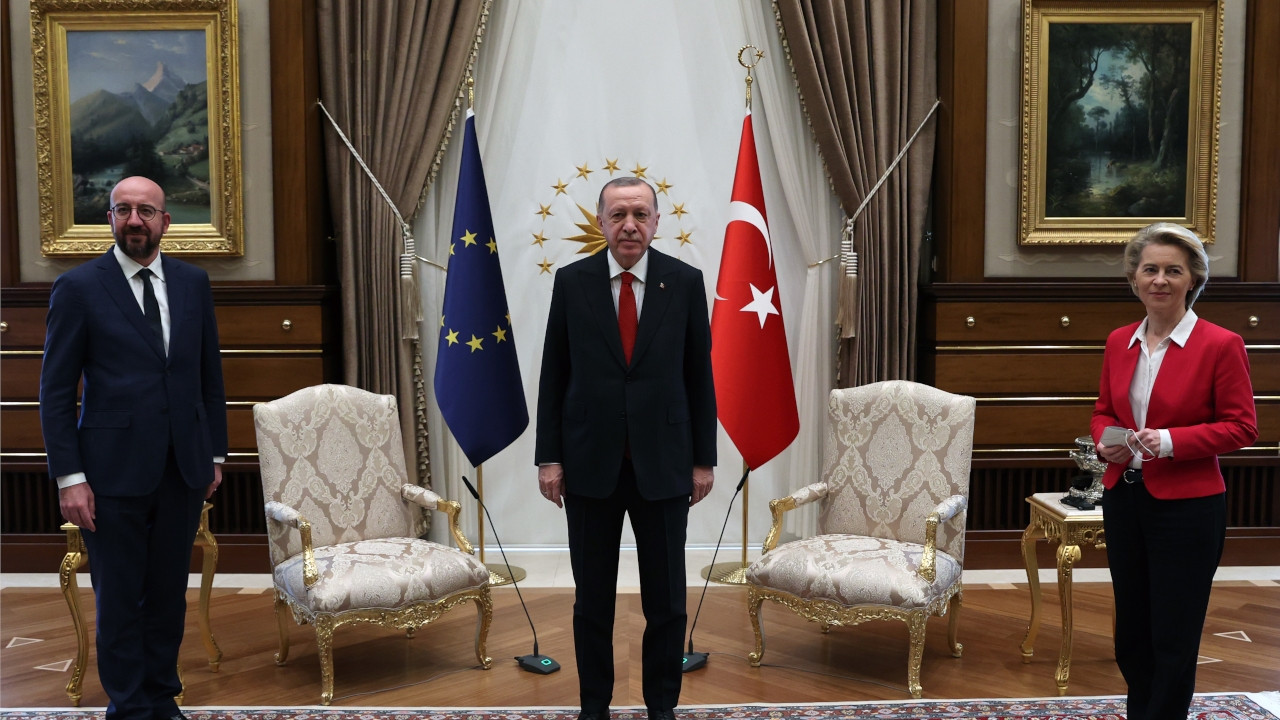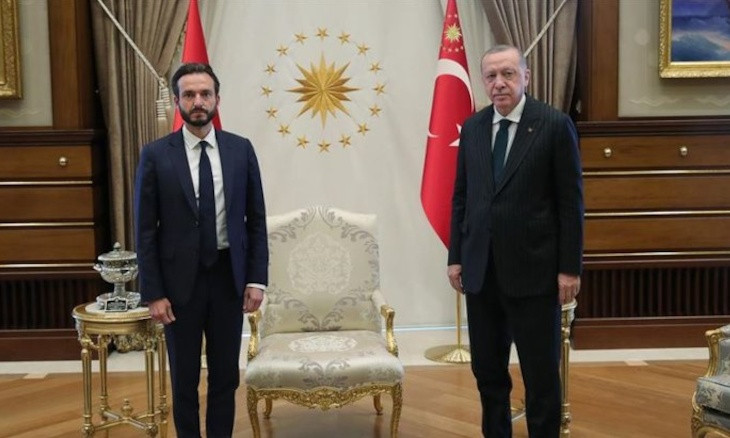Merkel calls on Council of Europe member states to swiftly implement ECHR decisions
German Chancellor Angela Merkel has called on member states of the Council of Europe, to which Turkey belongs, to swiftly implement the decisions of the European Court of Human Rights (ECHR). “The implementation of decisions becomes much more urgent especially when people are imprisoned in an unjust way,” Merkel said.
Duvar English
German Chancellor Angela Merkel has called on Council of Europe member states to “swiftly” implement the decisions of the European Court of Human Rights (ECHR).
“The implementation of decisions becomes much more urgent when people are imprisoned in an unjust way,” Deutsche Welle's Turkish service quoted Merkel as saying during a session of the Parliamentary Assembly of the Council of Europe on April 20.
Germany currently holds the chairmanship of the Committee of Ministers, the Council of Europe's executive organ, which supervises compliance with the ECHR's judgments and adoption of the remedial measures.
Germany had previously many times called on Turkey to implement the ECHR's decisions.
As a member of the Council of Europe, Turkey is a party to the European Convention on Human Rights and legally bound to implement the ECHR's decisions, despite failing to do, especially with regards to the cases of political prisoners.
“The adoption of the European Convention on Human Rights in 1950 reflects a new understanding of people and the role of the state. Citizens are not objects of their state, but have extensive rights and freedoms. The state must respect and protect these rights. Therefore, when rights and freedoms are in danger in a member state, this should raise alarm for the Council of Europe,” Merkel said in her speech.
Merkel said that if Europe allows the disregard for fundamental values and rights, which are at the core of the constitution of democratic states, then “we would accept that the European project itself would also be called into question.”
“Because how seriously we take the human rights situation in other countries always casts a picture of how seriously we take the preservation of the fundamental values in our own countries,” she further noted.

 EU chiefs call on Turkey to respect human rights, abide by ECHR rulingsDiplomacy
EU chiefs call on Turkey to respect human rights, abide by ECHR rulingsDiplomacy ECHR chief stresses 'binding' obligation of member states to implement court's rulingsHuman Rights
ECHR chief stresses 'binding' obligation of member states to implement court's rulingsHuman Rights